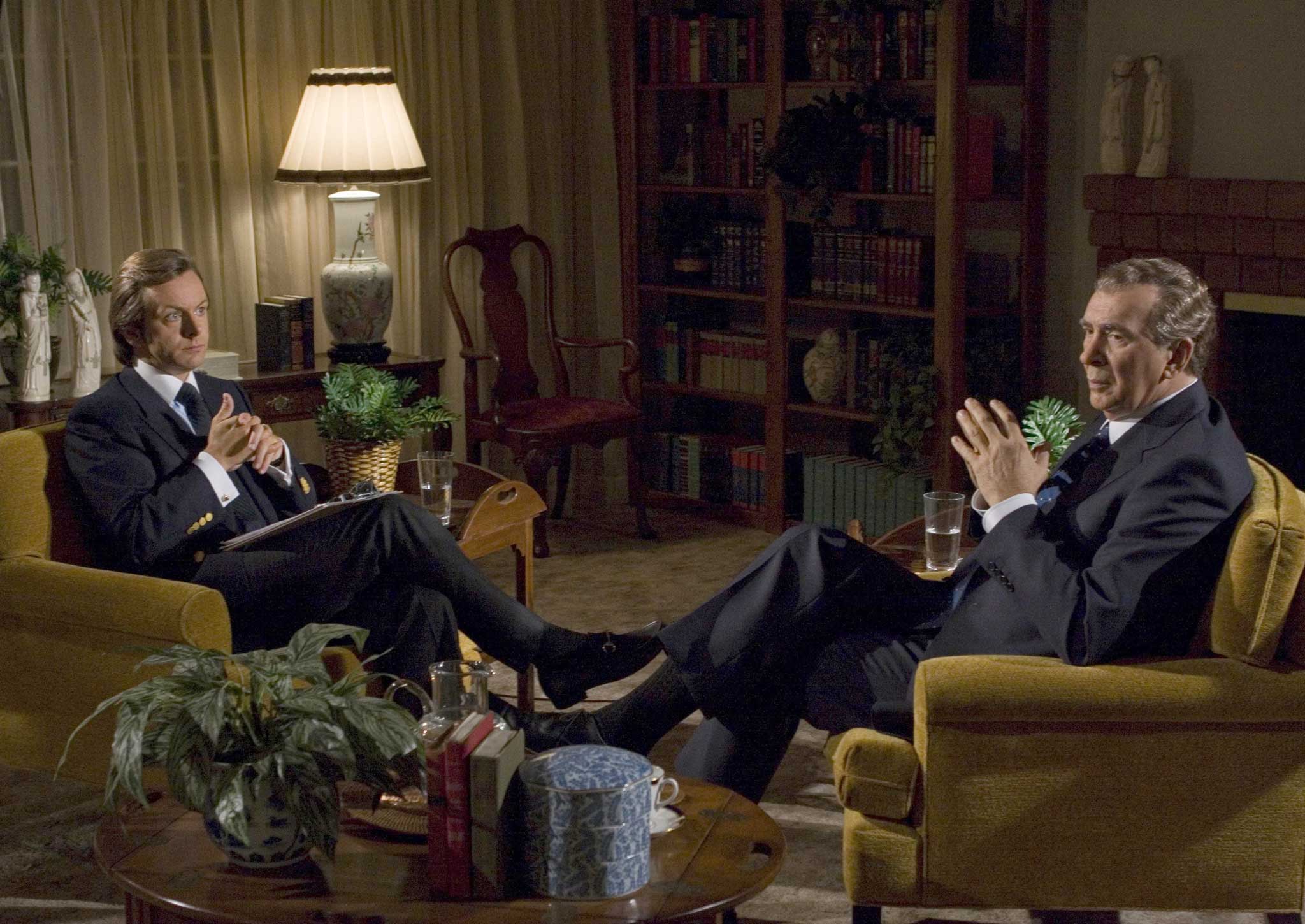Washington Journal: Reporting Watergate and Richard Nixon's Downfall by Elizabeth Drew, book review
Gripping account of Watergate scandal calls into doubt Frost's role

Your support helps us to tell the story
From reproductive rights to climate change to Big Tech, The Independent is on the ground when the story is developing. Whether it's investigating the financials of Elon Musk's pro-Trump PAC or producing our latest documentary, 'The A Word', which shines a light on the American women fighting for reproductive rights, we know how important it is to parse out the facts from the messaging.
At such a critical moment in US history, we need reporters on the ground. Your donation allows us to keep sending journalists to speak to both sides of the story.
The Independent is trusted by Americans across the entire political spectrum. And unlike many other quality news outlets, we choose not to lock Americans out of our reporting and analysis with paywalls. We believe quality journalism should be available to everyone, paid for by those who can afford it.
Your support makes all the difference.When the film of the hit stage play Frost/Nixon came out I was fortunate enough to be invited to a charity screening at which Sir David Frost interviewed Michael Sheen, who, in the movie, plays David Frost.
Cue much laughter and a sense of shared triumph, as the real and fake Frosts reminisced about his 1977 interview with the fallen US President, and in particular, the moment when the TV star prised from Richard Nixon the confession that he had engaged in criminal subterfuge following the Watergate break-in in 1972.
In the play and film, Nixon finally cracks and declares: "I was involved in a cover-up as you call it." It's a heart-stopping statement, the point where the once most powerful man in the world is broken – and by David Frost to boot.
Alas, in this book, veteran Washington journalist Elizabeth Drew maintains Nixon did no such thing. The first few word in the sentence he actually uttered are omitted, says Drew, and in their place, an ellipsis is inserted into the script: "… I was involved in a cover-up as you call it." Of course, the audience is ignorant of the ellipsis's existence.
What they don't know either, she alleges, is that the recordings show that after Frost pressed Nixon to admit he had made more than "mistakes", that crime may have been committed, Nixon says: "You're wanting me to say that I participated in an illegal cover-up. No."
Drew's shattering, forensic dissection is contained in the Afterword, added to mark the reissue of a book published 40 years ago and hailed then as a classic, meticulous account of one of the greatest political dramas of modern times.
Even before that, there are plenty of clues as to the likelihood of Nixon being broken by Frost. He'd already endured monumental pressure throughout his final year in office, and not once had he succumbed. Neither was he the sort to let slip a remark of that significance.
Written as a diary, Washington Journal recaptures the epic events leading up to Nixon's helicopter flight from the South Lawn of the White House to Andrews Air Force Base and then on to brooding retirement in California.
The ratcheting tension in the corridors of the US capital and Nixon's increasing isolation are vividly portrayed. I was a teenager when Watergate unfolded, and I remember being gripped night after night at further developments from Washington, as another part of his defence of ignorance was removed. His cronies and opponents became household names across the world. Now, many of them long forgotten, they leap off the page once more.
Drew picks up the tale of Nixon's downward spiral long after the actual burglary. That surely is the lesson here – that the trigger event was relatively minor, but the attempt to evade in the end became all-enveloping. The parallels with more recent political scandals are obvious. Most notable among them in the UK has been hacking, but there have been others. Always, it's the attempt to avoid, to hide, and to dissemble that precipitates the final undoing.
Drew also provides a study in psychology, with the terrifying spectre of Richard Nixon, a man so blessed in many respects, but cursed in others. His lack of empathy, loneliness, paranoia and arrogance – they all fuel his raging torment.
Worth the cover price alone is that Afterword, detailing Nixon's life after he conceded the presidency.There is a tendency now to suppose he went quietly, content to spend the days he had left watching the flowers grow. Far from it: he was determined to see his reputation restored, to strike back at his enemies. To that end, a secret plan was drawn up with the aides who had travelled with him from Washington. Codenamed Wizard, it entailed promoting Nixon on different fronts. One of those was to give a series of televised interviews. US broadcasters fell over themselves to sign him up. Oddly, he chose David Frost. Why? Because he was certain the ultra-polite Englishman would not ask the kind of awkward questions US journalists were likely to. Nixon was not going to be seduced by Frost's deceptively laid-back style.
The play and film say he was; the evidence here is to the contrary.
Join our commenting forum
Join thought-provoking conversations, follow other Independent readers and see their replies
Comments